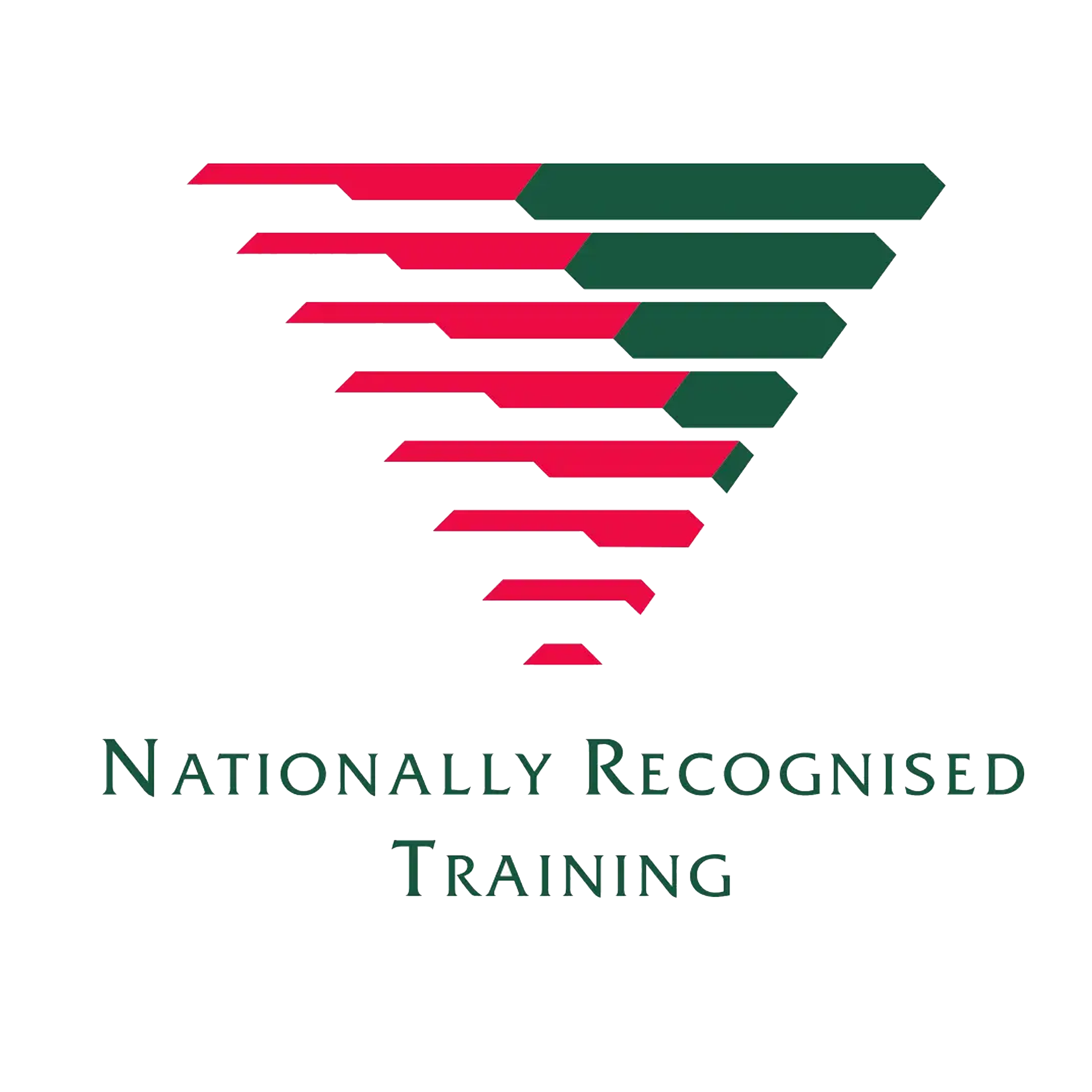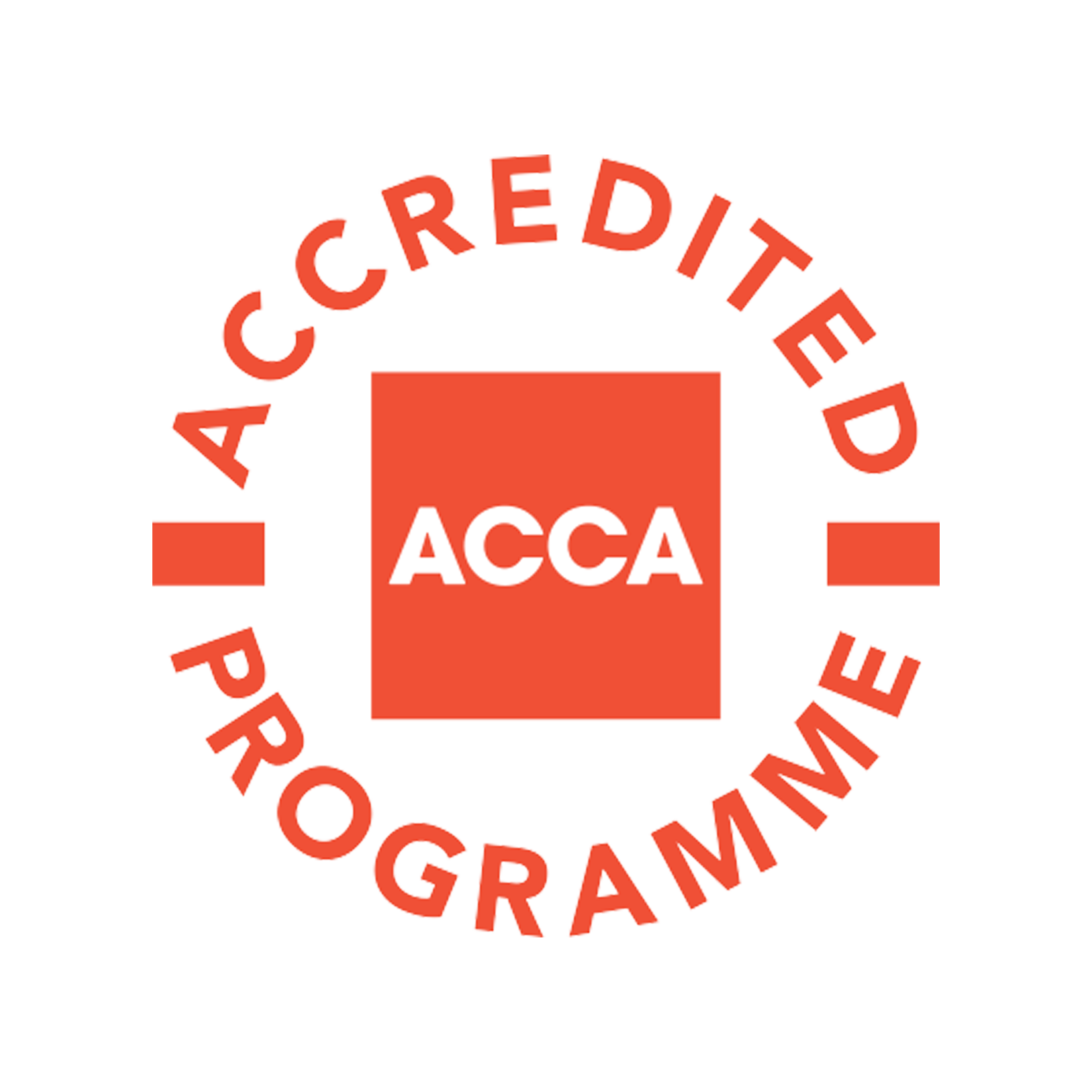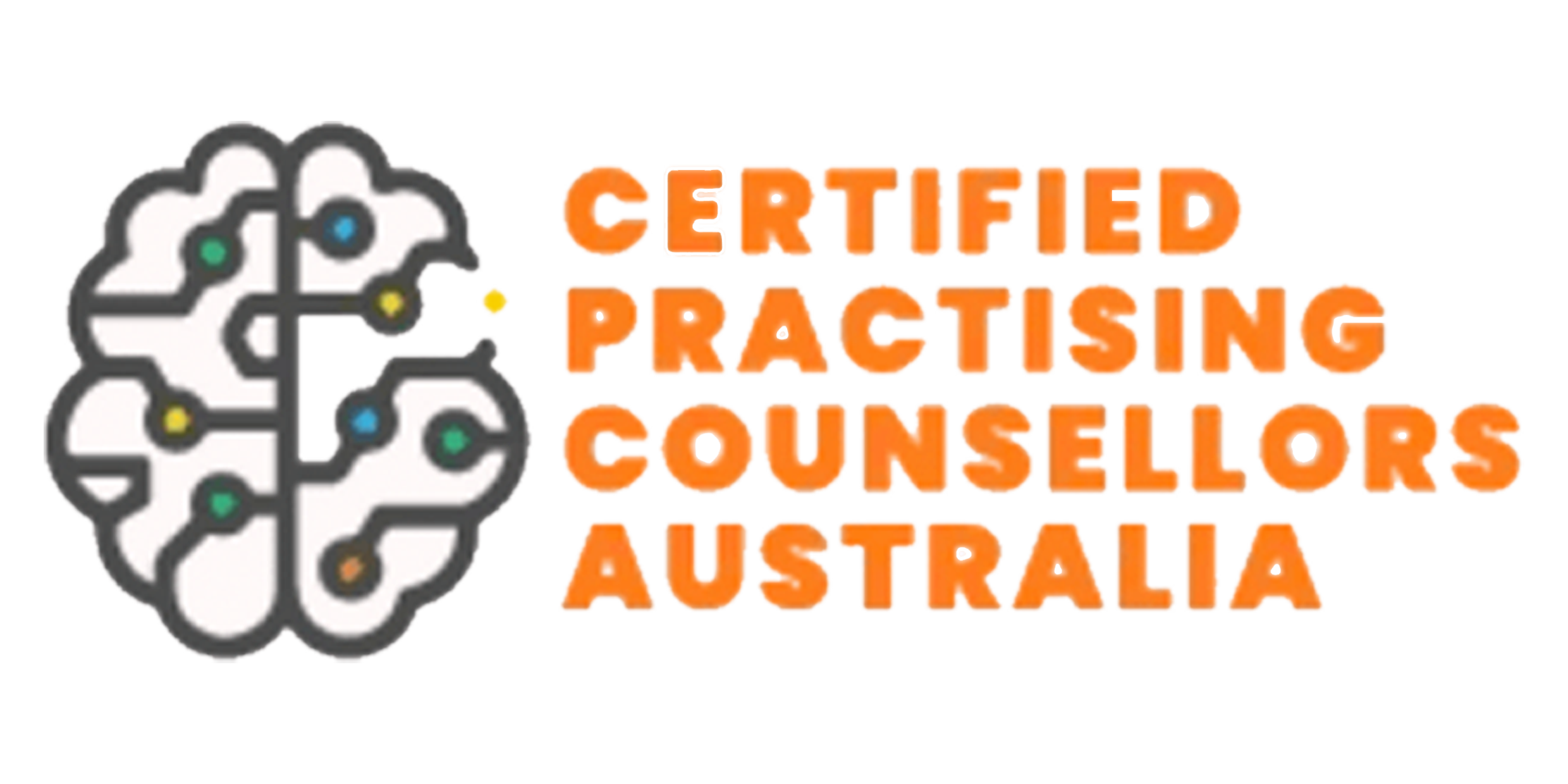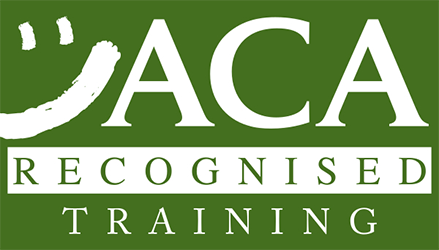Become
Fully Qualified
CHC51015 Diploma of Counselling
Course Details:
The diploma of counselling course reflects the role of counsellors, who work with clients on personal and psychological issues using established counselling modalities. They use communication, micro-counselling and interviewing skills and draw on varied counselling therapies to assist clients.
Enquire with the careers team for more details
Subjects
- Foundations of Counselling
- Developing the Counselling Relationship
- Professionalism, Diversity and Inclusiveness
- Theories of Counselling
- Therapies and Brief Interventions
- Working with Crisis and Case Management
- Specialist Counselling
- Counselling Practice
Association Accreditation
Evolve College's CHC51015 Diploma of Counselling gives graduates the option of joining the following associations:
- Australian Counselling Association (ACA) https://theaca.net.au
- Australian Community Counselling Association (ACCA) https://acca.asn.au
- Certified Practicing Counsellors Association https://cpcaus.com.au
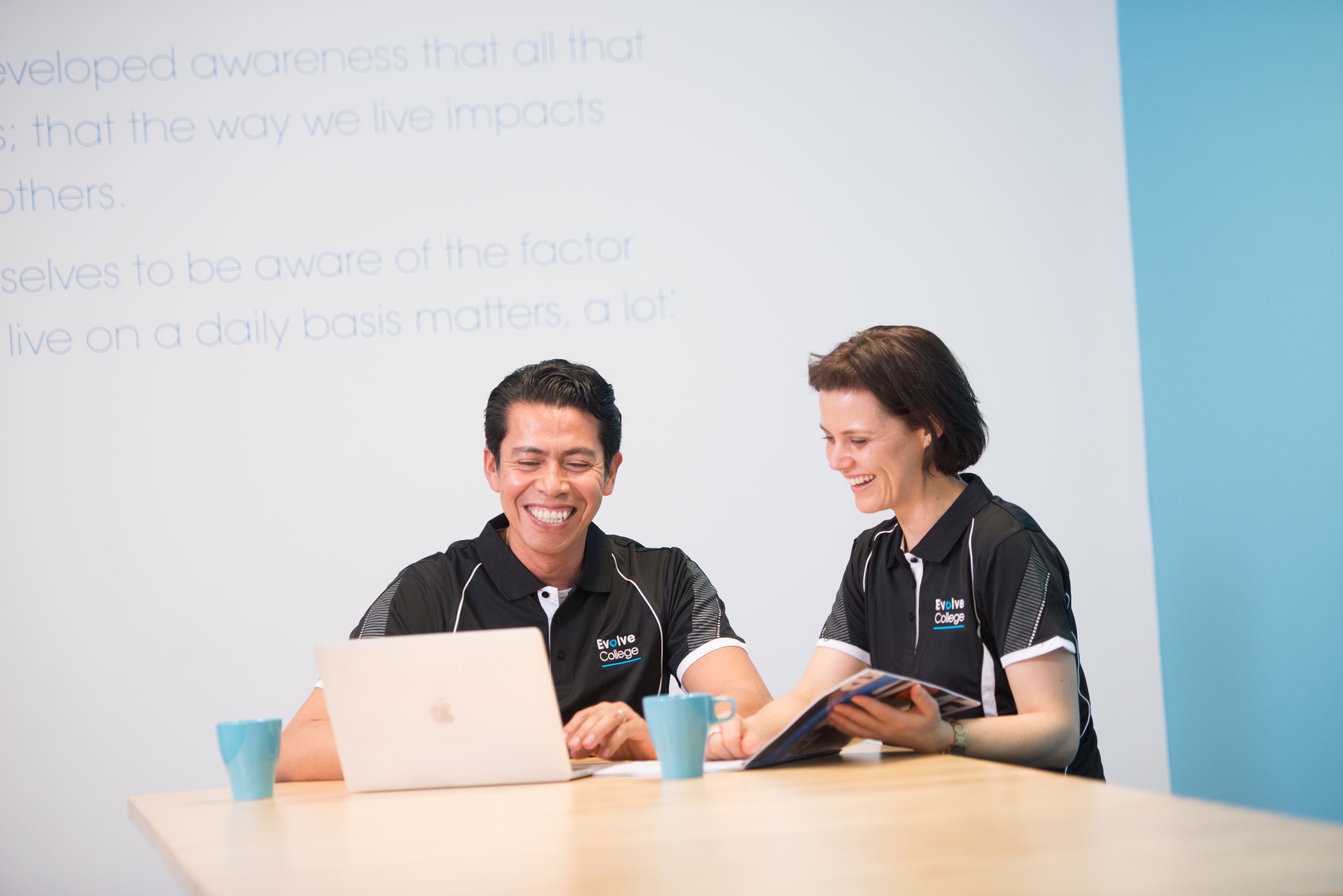
Course Fee
$4920Standard Course Fee: $6800
July Course Fee: $4920
Payment Options: 4 Part Payment Plan.
Study Cluster 1: $1230
Study Cluster 2: $1230
Study Cluster 3: $1230
Study Cluster 4: $1230
Delivery
Online & On CampusOnline Study is run by our course coaches, you will receive one-to-one coaching & support throughout your course.
Access your Student Learning Hub anywhere, anytime!
Hands-on, practical training that empowers students to develop their confidence, competence, and adaptability in their profession.
Key Course Topics:
- Freudian concept
- Maslow’s theory
- Nature vs Nurture
- CBT (Cognitive Behavioural Therapy)
- Crisis Management
- Case management
- Relationship improving techniques
- Support pathways for family help
- Recognise & respond to domestic & family violence situations.
- Motivational interviewing
- Counselling relationship boundaries
- Loss & Grief counselling
- Decision making models
- Interpersonal counselling skills
- Relapse and change management
- Cultural safety
- Relevant laws for industry
- Counselling ethics

-
There are 8 subjects in the CHC51015 Diploma of Counselling:
1Foundations of Counselling 2Developing the Counselling Relationship 3Professionalism, Diversity and Inclusiveness 4Theories of Counselling 5Therapies and Brief Interventions 6Working with Crisis and Case Management 7Specialist Counselling 8Counselling Practice -
We’ve made your units very easy to study by grouping them into subjects, so you have less doubling up and your study is more efficient and meaningful.
The Diploma of Counselling course is delivered across multiple subjects consisting of a total of 17 accredited units clustered into 8 subjects. Students must complete all subjects satisfactorily in order to be deemed competent in these units.
The units are:
CHCCCS019 Recognise and respond to crisis situations CHCCSL001 Establish and confirm the counselling relationship CHCCSL002 Apply specialist interpersonal and counselling interview skills CHCCSL003 Facilitate the counselling relationship and process CHCCSL004 Research and apply personality and development theories CHCCSL005 Apply learning theories in counselling CHCCSL006 Select and use counselling therapies CHCCSL007 Support counselling clients in decision-making processes CHCCSM005 Develop, facilitate and review all aspects of case management CHCDIV001 Work with diverse people CHCDIV002 Promote Aboriginal and/or Torres Strait Islander cultural safety CHCLEG001 Work legally and ethically CHCPRP003 Reflect on and improve own professional practice CHCCCS014 Provide brief interventions CHCCCS017 Provide loss and grief support CHCDFV001 Recognise and respond appropriately to domestic and family violence CHCFAM003 Support people to improve relationships
-
There are two course options.
Blended: Your course is delivered through a blended model of online and on campus learning and assessment.Your online learning uses our state of the art, custom-built Evolve College Hub. A superb online learning environment, the EvolveHub is interactive and supportive, helping making learning fun and simple.The combination of online learning plus on campus gives you great flexibility plus solid face to face training in preparation for you to enter the industry as a qualified worker. Learning online enables you to study at your own pace, and you are not governed by a fixed timetable for your practical training. Your learning and assessment on campus is closely guided step by step by our experienced Trainers/Assessors, who are there to support you in your learning and assessment all the way through.
Correspondence: Your course is delivered online (distance education). Your online learning uses our state of the art, custom-built Evolve College Hub. A superb online learning environment, the EvolveHub is interactive and supportive, helping making learning fun and simple. Trainers and Assessors are made available for questions and interactions, offering you as much support as you need to confidently complete your studies.
-
All your theory learning materials will be available online via our state of the art online EvolveHub environment. Your learning materials are included in your course fee.
Your study of the theoretical aspects of this course is undertaken in the EvolveHub. You will be provided with login access to this online learning environment, where your learning materials and assessments will be released in the most supportive order and manner for your course.
Your study will also incorporate on campus learning and assessment, with our highly experienced Trainers/Assessors.
-
On completion of the CHC51015 Diploma of Counselling qualification you will be qualified to work with clients on personal and psychological issues using established counselling modalities. Upon graduation from this qualification, you will be able to work using communication, micro-counselling and interviewing skills and draw on varied counselling therapies to assist clients.
Upon completion, possible further training includes the CHC51115 Diploma of Financial Counselling which you would be eligible to enter with advanced standing.
-
Download our Qualifications Fact Sheet for the CHC51015 Diploma of Counselling, for all the key facts you need to know about your qualification and study.
-
There are no formal entry requirements for this qualification. However, it is required that students:
- Are 18 years or older
- Have sound literacy and numeracy skills (HSC, Certificate IV or higher). If you have not completed prior study, then completion of a quick language literacy and number quiz administered on enrolment with Evolve College.
- Have basic computer skills
- Have access to a computer for completion of the online study component of the course
Credit (or recognition) for subjects/units may be granted based on previous learning, studies, work and/or life experiences. Read more about our Recognition of Prior Learning program and National Recognition (Credit Transfer).
-
You will study your online learning at home at your own pace, supported by the Evolve College team. You are also required to attend on campus, at which you will learn and demonstrate skills associated with this qualification.
You are required to keep pace with your course. Assessments are required to be submitted at least every 2 weeks. See the Student Handbook for more details on the requirements for progress in your course. There are ramifications if you do not progress - including dismissal at the College's discretion.
If you need support at any time, please contact us on 1300 880 885. We are here to do all we can to support you.
-
To complete the units in this qualification you will need a computer, broadband connection to the Internet and an active email account.
Computer requirements
Macintosh Windows G3 500 MHz or above Pentium 1000 MHz or above OS X ver 10.3 or higher Windows XP or higher 512Mb RAM or higher 512Mb RAM or higher For best performance, Mozilla Firefox or Google Chrome
(latest version)For best performance, Mozilla Firefox or Google Chrome
(latest version)
To use all the features of the learning resources you will also need the following:- Adobe Flash Player - current version, to play activities
- Adobe Reader to open and read .pdf documents
- The ability to upload and download data and files including video files
- The ability to print and upload completed documents (e.g. consent forms)
On campus attendance
Students are required to attend on campus in accordance with their timetable. You are required to bring to class a pen and notepad or electronic device for taking notes.
-
The CHC51015 Diploma of Counselling is the latest Diploma qualification in the Australian counselling industry. It was released in 2015 after extensive streamlining of the qualification by the counselling industry. The qualification was developed by industry to meet current industry standards and has been endorsed by the government.
The CHC51015 Diploma of Counselling is nationally recognised training.
-
You are welcome to contact our Evolve College Customer Service by phone on 1300 880 885 (during business hours) or by email at evolve@evolvecollege.com.
We are committed to supporting all of our students and we tailor the support given to what our students need. We provide support in relation to practical training, academically, and administratively. We recognise that for some students additional support services are fundamental to ensure success and therefore our Team is on hand to assist and support as needed. You can access support by calling 1300 880 885 or emailing evolve@evolvecollege.com to make an appointment.
Evolve College is absolutely committed to the support it gives students. We stand by our students throughout all aspects of their training. The quality of us doing so is our entire operational focus.
Your new chapter starts here!
Apply Now!
Personalised Coaching
Counselling courses lead by industry experts who deliver practical training.
No Exams or Essays
Easy to follow, guided learning with an online hub which visually keeps track of your progress.
Study with Support
Flexible study methods to suit busy lives and fit around other life commitments.
17 Campus locations across Australia
Campus Locations
Evolve College has designed blended on-campus options to support students completing their counselling course. Study options can include face-to-face classes with a industry leading trainer.
Evolve College has campus locations all over Australia.

New South Wales

Queensland

South Australia

Western Australia

Tasmania

Northern Territory

Australian Capital Territory
Get in touch
Our friendly team is always here to chat.
Head Office
Suite 2.01 15 Blue Street North Sydney, NSW


